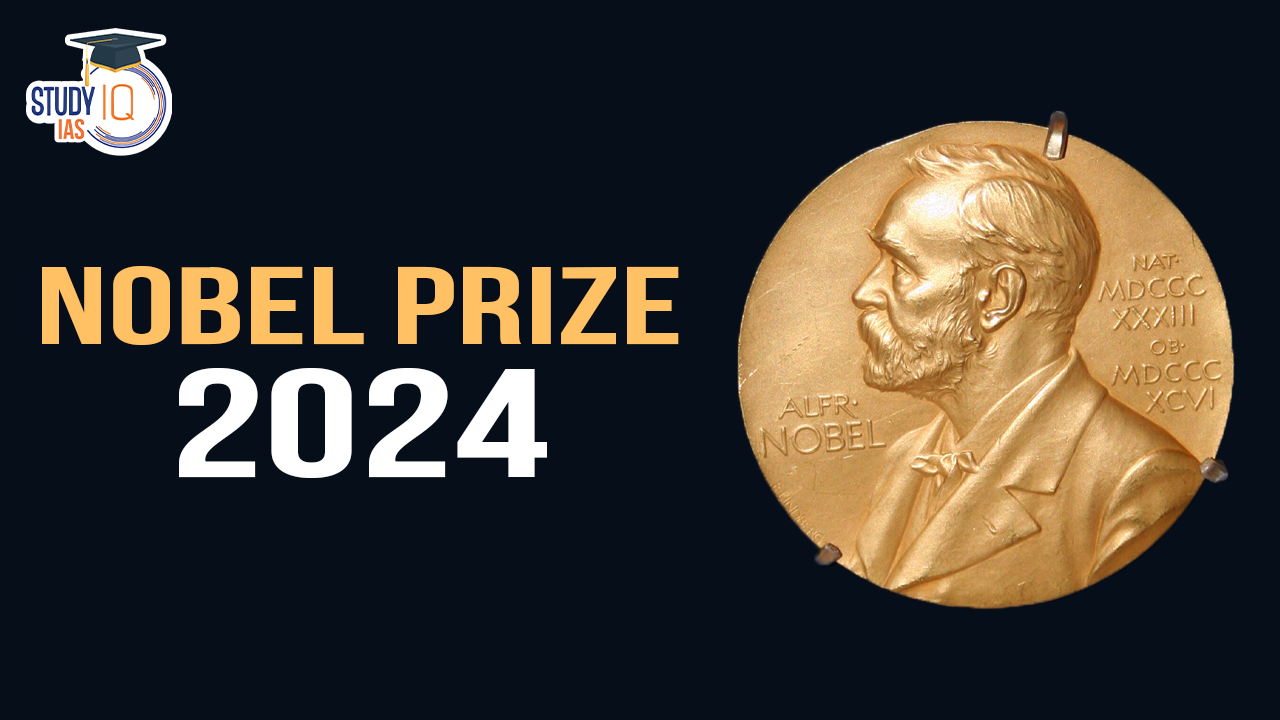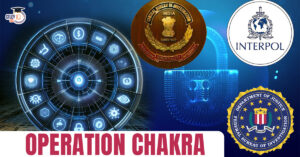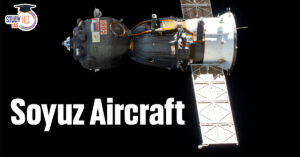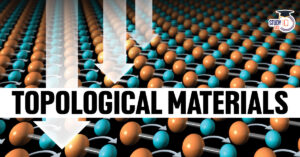Table of Contents
The Nobel Prizes, established by Alfred Nobel’s will in 1895, are awarded annually for outstanding achievements in the fields of Physics, Chemistry, Physiology or Medicine, Literature, Peace, and Economic Sciences. These awards recognize contributions that have significantly impacted humanity in various fields. Understanding the Nobel Prize winners’ contributions is crucial for UPSC aspirants, as it provides insights into key global developments in science, literature, and peace efforts.
Nobel Prize Winners 2024 List
The 2024 Nobel Prize announcements began on October 7, 2024, celebrating significant contributions in various fields, including medicine, physics, chemistry, literature, peace, and economic sciences. Here’s the list of winners announced:
| Category | Winners | Country | Achievement |
|---|---|---|---|
| Nobel Prize in Physics | John Hopfield, Geoffrey Hinton | USA, UK/Canada | Pioneering contributions in neural networks and artificial intelligence. |
| Nobel Prize in Chemistry | David Baker, Demis Hassabis, John Jumper | USA, UK | Breakthrough in computational protein design and AlphaFold for protein structure prediction. |
| Nobel Prize in Physiology or Medicine | Victor Ambros, Gary Ruvkun | USA | Discovery of microRNA and its role in gene expression regulation. |
| Nobel Prize in Literature | Han Kang | South Korea | Intense and poetic exploration of historical traumas and human suffering through literature. |
| Nobel Peace Prize | Nihon Hidankyo (Japan Confederation of A- and H-Bomb Sufferers Organizations) | Japan | Advocacy for nuclear disarmament and raising awareness about the consequences of nuclear warfare. |
| Nobel Prize in Economic Sciences | Daron Acemoglu, Simon Johnson, James Robinson | Turkey/USA, UK/USA, USA | Research on the role of institutions in economic development and the impact of inclusive institutions. |
Nobel Prize in Physics 2024
- Winners: John Hopfield (USA) and Geoffrey Hinton (UK/Canada)
- Achievement:
- John Hopfield: Recognized for his work on Hopfield networks, a type of recurrent neural network (RNN), which has applications in artificial intelligence and cognitive science.
- Geoffrey Hinton: Pioneering work in deep learning and neural networks. Often called the “Godfather of AI,” his research has revolutionized artificial intelligence by enabling the creation of machine learning systems that can learn from data.
- Key Takeaway: Their work is essential in the era of artificial intelligence (AI) and machine learning (ML), with applications in diverse fields such as healthcare, autonomous vehicles, and financial modeling. Understanding their contribution is critical for UPSC aspirants, as AI and its impacts on society are vital topics in contemporary science and technology.
Nobel Prize in Chemistry 2024
- Winners: David Baker (USA), Demis Hassabis (UK), and John Jumper (UK)
- Achievement:
- David Baker: Recognized for his contributions to computational protein design, which has implications for drug development and molecular biology.
- Demis Hassabis and John Jumper: Developed AlphaFold, a breakthrough in predicting protein structures using AI, a significant leap in understanding biological mechanisms and accelerating drug discovery.
- Key Takeaway: Protein structure prediction is crucial in biotechnology and pharmaceutical industries. AlphaFold, developed by Hassabis and Jumper, has revolutionized molecular biology. This breakthrough opens new doors for curing diseases and understanding biological functions, making it a relevant topic for UPSC aspirants interested in science and technology and its applications in healthcare.
Nobel Prize in Physiology or Medicine 2024
- Winners: Victor Ambros (USA) and Gary Ruvkun (USA)
- Achievement:
- Awarded for their discovery of microRNA (miRNA) and its role in regulating gene expression. Their research has paved the way for understanding how miRNAs control critical biological processes and their implications in diseases like cancer.
- Key Takeaway: The discovery of miRNAs is significant for medical science, particularly in cancer research and genetic studies. It holds potential for the development of targeted gene therapies. For UPSC aspirants, this discovery highlights advancements in genetic medicine and biotechnology, topics that frequently appear in the science and technology section of the exam.
Nobel Prize in Literature 2024
- Winner: Han Kang (South Korea)
- Achievement:
- Awarded for her intense and poetic prose that explores historical traumas and human suffering. Notable works include The Vegetarian and Human Acts, which delve into the fragility of human life and the enduring impact of historical and political events on individuals.
- Key Takeaway: Literature reflects societal issues, historical trauma, and human emotions. Han Kang’s exploration of human rights, violence, and the effects of trauma makes her a significant contemporary author. UPSC aspirants should note how literature reflects the complexities of human society and the interplay between history, politics, and personal narratives.
Nobel Peace Prize 2024
- Winner: Nihon Hidankyo (Japan)
- Achievement:
- Awarded to the Nihon Hidankyo (Japan Confederation of A- and H-Bomb Sufferers Organizations) for its efforts to raise awareness of the consequences of nuclear warfare and its long-standing campaign for the abolition of nuclear weapons.
- Key Takeaway: Nihon Hidankyo’s advocacy highlights the global movement toward nuclear disarmament and peacebuilding. The Nobel Peace Prize serves as a reminder of the catastrophic consequences of nuclear weapons and the need for global disarmament. Understanding the global peace movements and arms control efforts is essential for UPSC preparation, especially in the international relations section.
Nobel Prize in Economic Sciences 2024
- Winners: Daron Acemoglu (Turkey/USA), Simon Johnson (UK/USA), and James Robinson (USA)
- Achievement:
- Recognized for their research on the role of institutions in economic development. Their work explains how political and economic institutions shape the prosperity or decline of nations. Acemoglu and Robinson’s book Why Nations Fail is a key contribution to understanding this dynamic.
- Key Takeaway: Their research highlights the importance of inclusive institutions in driving sustainable economic growth and development. The focus on institutions aligns with India’s own governance challenges and is crucial for UPSC aspirants studying political economy, development policies, and institutional reforms.
Nobel Prize 2024 UPSC
The Nobel Prize winners of 2024 have made significant contributions in fields directly relevant to UPSC aspirants, especially in areas like AI, biotechnology, peacebuilding, and economics. Understanding these contributions not only helps in the science and technology sections of the exam but also aids in enhancing knowledge related to global governance, literature, and international relations. The Nobel Prizes reflect cutting-edge advancements in science, the importance of humanitarian efforts, and the role of institutions in fostering development—key themes frequently examined in UPSC.
| Related Articles |
| Nobel Prize in Medicine 2024 |
| Nobel Prize in Physics 2024 |
| Nobel Prize in Chemistry 2024 |
| Nobel Peace Prize 2024 |
| Nobel Prize in Economics 2024 |


 New Phase of Operation Chakra to Combat ...
New Phase of Operation Chakra to Combat ...
 Soyuz Aircraft: History, Design and Sign...
Soyuz Aircraft: History, Design and Sign...
 Topological Materials: The Future of Qua...
Topological Materials: The Future of Qua...





















